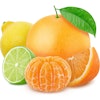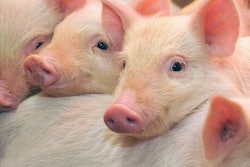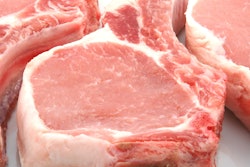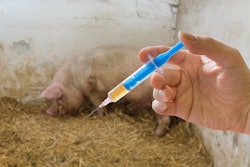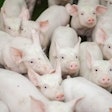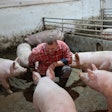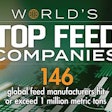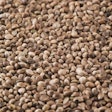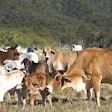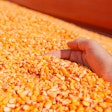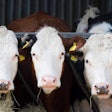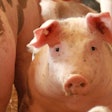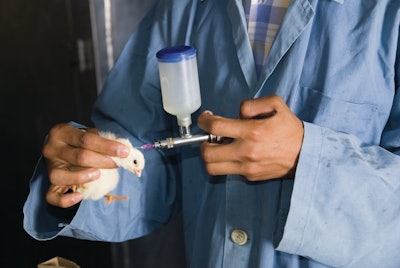
The real challenge in debating the topic of vaccination against avian influenza (AI) is not vaccination itself. This may seem contradictory, but it is easy to forget that vaccination is just one part of a complex, and incredibly important, situation.
Too often we hear the question: "Are you for or against vaccination?"
The answer to a question framed in this way can only be yes or no. Asking it in such a simplistic way risks reducing the subject to a soundbite and the failure to recognize the global food security issue that posing such a question comes with.
Vaccines and vaccination have long played a key role in the fight against infectious disease, and the global poultry meat sector recognizes and respects that. Conscious of AI’s far-reaching impact, our sector wants also to focus on other factors that have an equal impact to vaccination, as well as on the repercussions that can arise from vaccine use, and how these repercussions can be prevented.
What’s at stake
The first factor to consider is the perspective from which we observe the situation.
It is undeniable that AI has changed its dynamics in recent years, and our approach, which has proved itself incapable of eradicating the virus, must now change. Hoping for better results without changing the status quo, both in terms of the regulatory framework and of production practices, would be a short-sighted approach.
At the same time, we also cannot ignore the socio-political context in which we operate or ignore that access to food is a necessity and occurs in that complicated context.
The impact that vaccination could have on the supply chains that underlie food security in some countries, as well as on the industry in producing countries, is easy to predict, even if difficult to calculate in its magnitude.
Poultry, by volume, is by far the most traded meat, and it is undeniable that several countries look at trade not only as a commercial activity, but more as a way of ensuring food security for their own populations. Without a globally recognized and accepted approach to vaccination, the disruption to trade could jeopardize food security, particularly in those countries that would find it difficult to source food in other ways.
From a technical point of view, the International Poultry Council (IPC) hopes that fundamental issues, such as biosecurity and surveillance, are embedded in any sentence in which vaccination is mentioned. In fact, viewing vaccination as a silver bullet against AI risks shooting ourselves in the foot.
Another issue often dismissed as "easy to solve" is that of the implementation and management of vaccination plans. The costs – for both the private and public sectors and passing it down the value chain – the necessary workforce and its training, and increased microbiological risks for animals are all parts of the equation that must be considered.
The last point is to recognize that it will be difficult to achieve a one-size-fits-all solution. The final objective must be a regulatory framework and a strategy that allows a real fight against AI, without creating imbalances in the playing field.
Need for high level action
The global poultry meat sector and, consequently, its global association, the IPC, place public health, animal health and food security at the center of their mission. For this reason, we ask international organizations to help our sector with their leadership to pursue the best possible results in all three of these areas and individual governments to pursue their internal policies taking into account the risks and repercussions that some measures may have on food security. Only in this way will it be possible to unravel the tangle that confusingly surrounds the issue of the fight against AI.

